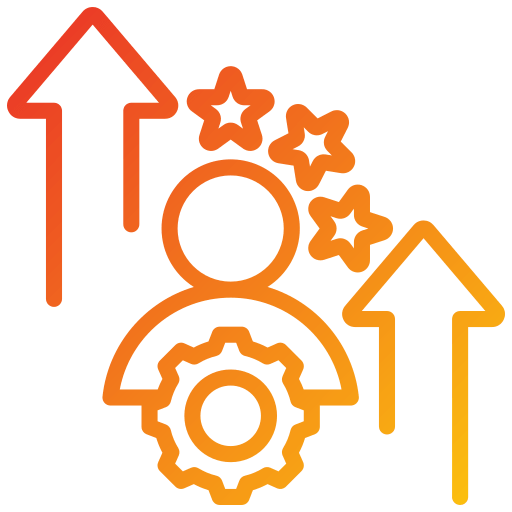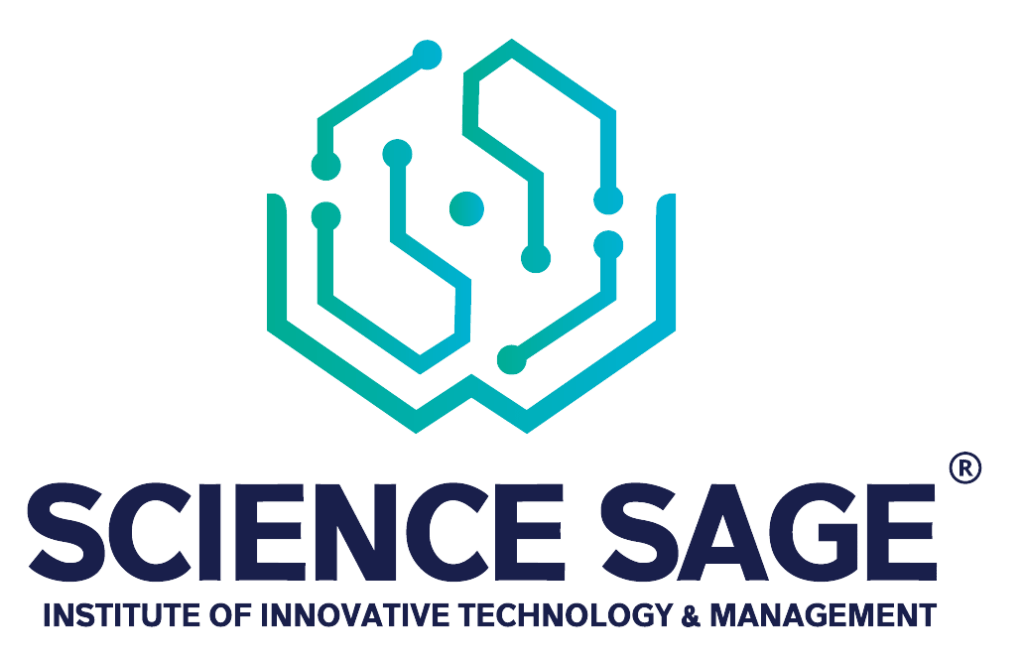- Prerequisites
- Higher Secondary Passed
- Course Duration
- 2 Years
The Diploma in Medical Laboratory Technology (MLT) is a specialized program designed to train individuals in the field of clinical laboratory science. Medical laboratory technologists, also known as clinical laboratory scientists or medical laboratory technicians, play a crucial role in healthcare by performing laboratory tests to aid in the diagnosis, treatment, and prevention of diseases. Below is a detailed description of the program:

Course Overview
- Duration: The Diploma in Medical Laboratory Technology program typically spans two to three years, depending on the curriculum and institution offering the program.
- Curriculum: The curriculum covers a comprehensive range of subjects related to laboratory science, including clinical chemistry, hematology, microbiology, immunology, blood banking, molecular diagnostics, and laboratory management. Courses may include medical laboratory techniques, clinical laboratory instrumentation, laboratory safety, quality assurance, and regulatory compliance.
- Practical Training: Practical training is a fundamental component of the program, allowing students to gain hands-on experience in laboratory settings. Under the supervision of experienced medical laboratory technologists, students learn to perform a variety of laboratory tests, operate laboratory equipment, analyze test results, and troubleshoot technical issues.
- Clinical Internship: Clinical internships or rotations in affiliated healthcare facilities are typically included in the program to provide students with real-world experience in clinical laboratory settings. During internships, students work alongside professionals in clinical laboratories, hospitals, clinics, and diagnostic centers, performing laboratory tests on patient samples and participating in laboratory procedures.
- Certification and Licensure: Upon completion of the program, graduates may be eligible to take national or state certification exams to become certified medical laboratory technicians or technologists. Certification requirements vary by country or region, but obtaining certification demonstrates competency and enhances employment opportunities in the field.

Course Structure
- Core Subjects:
– Clinical Chemistry
– Hematology and Coagulation
– Clinical Microbiology
– Immunology and Serology
– Blood Banking and Transfusion Medicine
– Molecular Diagnostics
– Urinalysis and Body Fluid Analysis
– Clinical Laboratory Instrumentation
– Laboratory Safety and Quality Assurance
– Laboratory Management and Professionalism - Specialization Electives (Sample):
– Clinical Parasitology
– Clinical Virology
– Clinical Mycology
– Clinical Immunohematology
– Clinical Molecular Biology
– Clinical Cytogenetics
– Clinical Toxicology
– Clinical Histotechnology - Practical Laboratory Sessions:
– Specimen Collection and Processing
– Laboratory Testing Techniques
– Operation of Laboratory Equipment
– Interpretation of Test Results
– Troubleshooting and Quality Control
– Blood Typing and Compatibility Testing
– Microscopic Examination of Blood Smears and Tissue Samples - Clinical Internship:
– Rotations in Various Laboratory Departments
– Hands-on Training in Laboratory Procedures
– Observation and Participation in Patient Care Activities
– Interaction with Healthcare Professionals and Patients
– Application of Laboratory Techniques in Clinical Practice

Key Skills Developed
- Laboratory Techniques: Proficiency in performing a wide range of laboratory tests, including biochemical, hematological, microbiological, immunological, and molecular assays, using standard laboratory equipment and techniques.
- Analytical Skills: Ability to analyze laboratory data, interpret test results, troubleshoot technical issues, and make accurate and reliable diagnostic decisions based on laboratory findings.
- Attention to Detail: Precision and accuracy in specimen handling, sample processing, and test performance to ensure reliable and reproducible laboratory results for patient care.
- Critical Thinking: Ability to critically evaluate laboratory results, identify abnormal findings, assess their clinical significance, and communicate findings effectively to healthcare providers for patient diagnosis and management.
- Communication and Collaboration: Effective communication skills and teamwork abilities to collaborate with healthcare professionals, laboratory staff, and patients, ensuring clear and accurate communication of laboratory results and patient information.
- Adherence to Standards: Commitment to following established laboratory protocols, quality control procedures, safety regulations, and ethical guidelines in laboratory practice to ensure patient safety, data integrity, and compliance with regulatory requirements.

Career Opportunities
- Medical Laboratory Technologist: Graduates of the diploma program can work as medical laboratory technologists in hospitals, clinics, diagnostic laboratories, blood banks, research laboratories, and public health agencies. They perform laboratory tests on patient samples, analyze results, and provide accurate and reliable data to healthcare providers for diagnosis and treatment.
- Laboratory Supervisor or Manager: Experienced medical laboratory technologists may advance into supervisory or managerial roles within clinical laboratories, overseeing laboratory operations, managing personnel, ensuring regulatory compliance, and implementing quality assurance measures.
- Specialized Technologist: Some graduates may choose to specialize in a particular area of laboratory science, such as clinical chemistry, hematology, microbiology, immunology, blood banking, molecular diagnostics, or cytotechnology. Specialization may require additional training or certification in the chosen field.
- Research Technologist: Medical laboratory technologists may work in research laboratories or academic institutions, assisting scientists and researchers in conducting experiments, analyzing data, and contributing to scientific discoveries in fields such as molecular biology, genetics, infectious diseases, or cancer research.
- Educator or Trainer: Experienced medical laboratory technologists may transition into roles as educators or trainers, teaching laboratory science courses, conducting workshops, and providing continuing education to laboratory professionals and students in academic institutions or vocational training centers.
The Diploma in Medical Laboratory Technology prepares individuals for rewarding careers as essential members of the healthcare team, contributing to the diagnosis, treatment, and prevention of diseases through accurate and reliable laboratory testing.
